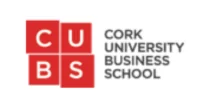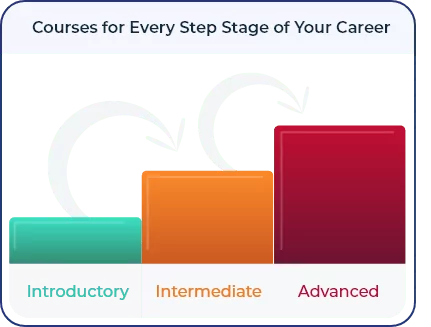Probably the most difficult part of studying for the Project Management Professional (PMP)® exam is getting your head around Process Groups. Knowledge Areas are straightforward – they contain everything relating to a well-defined subject – scope, time, cost, quality, etc. However, the Process Groups are confusing, because there is an implicit suggestion that one occurs before the next.
On this page:
- Understanding the Nature of Process Groups
- Process Groups vs. Project Phases
- Activities within Process Groups
- Impact on PMP® Exam Preparation
For example, defining scope, preparing a schedule and determining your budget are all part of the Planning Process Group. Yet, to produce a Project Charter, you need to decide on your preliminary scope and set rough schedules and budgets. But Develop Project Charter is in the Initiating Process Group!
Understanding the Nature of Process Groups
It gets worse: We are told in the Develop Team process that a great team-building activity is to get them involved in the Work Breakdown Structure and the whole scheduling process. But how can that be, when Develop Team is in the Executing Process Group? Speaking of project teams and other resources, it seems that you must get all your planning done BEFORE you acquire the resources. How can you plan when you do not know who will be doing the work and what equipment will be available?
Process Groups vs. Project Phases
Your PMP® course can leave you bewildered if you equate Process Groups with Project Phases. Project Phases in the Project Management Institute’s world really relate to a series of projects, rather than phases within a project. So, for instance, phase 1 might be “Demolish the existing structure and clear the site”. Phase 2 could be “Bring services to the site” (a good example of this would be a high-speed broadband link). Then phase 3 would be “Construct the new structure”. This sort of breakdown is useful, especially when different teams and equipment are needed for each phase.
What is more generally considered a Project Phase relates to phase gates and sign off. You might be thinking of an Initiation Phase, where the Project Charter must be signed off. Then there is the Planning Phase, where the project plan gets signed off. The next sign off is usually when the customer accepts the product or service the team produces, which ends the Execution Phase and then we wrap up, hold a post-mortem and archive the project documents in what we call the Closing Phase.
Thinking about Process Groups as if they were Project Phases will really make your PMP® exam preparation difficult. Instead of thinking of them in terms of order, consider Process Groups instead as types of activities. In this way, Initiating activities are exploratory. We must identify the Stakeholders. This could include market research, study of the regulatory environment, surveys of existing customers, etc. Similarly, the Develop Project Charter process is all about presenting a business case. It probably is the result of a feasibility study, which involved considerable planning work. It could also be triggered by a customer order, so we would have had to respond to the tender and produce estimates in terms of cost and time – more planning work.
Activities within Process Groups
All the planning-type processes are in the Planning Process Group. If you want to plan some sub-section of a project, this is the group you go to. For instance, your PMP® course should have mentioned Rolling Wave Planning. Well this involves developing enough of the product or service to understand what further work is needed, so we will need to employ our planning tools and techniques at various stages during the project.
Similarly, the locating of the Acquire Resources and Develop Team processes in the Executing Process Group starts to make sense. These are “doing” activities. You are going out there negotiating with line managers or contracting agencies to get hold of resources and organizing war rooms and team building activities to get the team to gel.
This is why Conduct Procurements is also in Executing – this is where you conduct the tendering process, evaluate responses, decide whom to award the contract to and actually sign the agreement. Making the make or buy decision is a Planning activity, but deciding on a vendor is very much an Executing one.
The Monitor & Control Process Group is straightforward, but it still must be remembered that this work is ongoing throughout the project’s Execution Phase (as opposed to the Executing Process Group). At least, the Closing Process Group’s activities only come into play towards the end of the project, so there is no confusion there.
Impact on PMP® Exam Preparation
So, you will have a better chance of earning that PMP® certificate in project management if you can accept that Process Groups contain related processes, not processes that must be done in any particular order.
If you are interested in learning more about the PMP® project management certificate, please visit our training page. Our project management training courses are given by experienced project managers, all with PMP® accreditation. We hold our project management courses online in our virtual classroom for your convenience. For more details, please get in touch.

















